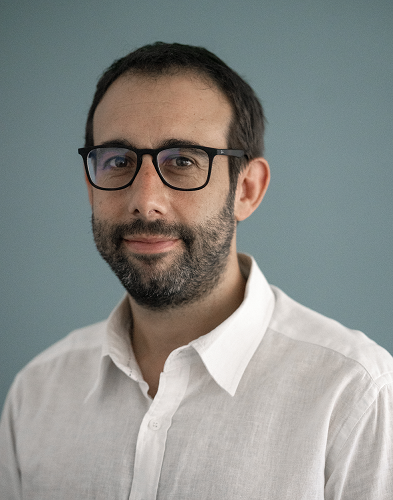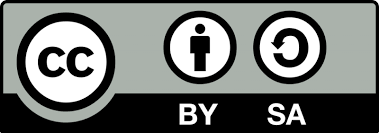Interview with Mr. Leandro Folgar, President of the Ceibal Plan of Uruguay
DOI:
https://doi.org/10.23824/ase.v0i34.705Downloads
Abstract
Leandro Folgar has a degree in Education from the Universidad Católica del Uruguay (UCU). He holds a Master's degree in Technology, Innovation and Education from Harvard University and has held the position of Associate Professor of the Department of Education of the Catholic University of Uruguay developing research in Educational Environments of the 21st Century and in Active Pedagogies and Adult Development.
Nowdays, he is the President of the Ceibal Plan or Basic Computer Science Educational Connectivity Plan for Online Learning, a program that was created in Uruguay in 2007 “in order to carry out studies, evaluations and actions necessary to provide each child of school age and for each public school teacher a laptop, train teachers in the use of said tool and promote the development of educational proposals in accordance with them" (Presidential Decree 144/007 of April 18, 2007, art. 1).
Thirteen years after its creation, the health crisis caused by COVID-19, which has led to the closure of schools for a long time and the transfer of teaching to family homes, has made the Ceibal plan take center stage again and the international community turn its gaze to Uruguay, the first country that firmly opted for the goal of one laptop per child, that is, to provide any girl or boy in the world with a laptop through which they could obtain information, connect with their teachers and colleagues and build their own knowledge.
Avances en Supervisión Educativa (Advances from now on) would like to thank Mr. Leandro Folgar for agreeing to dedicate his valuable time to answering the questions we have prepared.

How to Cite
Issue
Section
Published
License

Attribution Share-Alike CC BY-SA
Those authors who have publications with this magazine, accept the following terms:
A) The authors will retain their copyrights, which will be simultaneously subject to the Creative Commons Attribution License that allows others to re-mix, modify and develop on your work even for commercial purposes, provided they credit you And to license their new works under the same terms.
B) The authors will retain the rights of exploitation of the intellectual property of this work, and especially the rights of reproduction, distribution, transformation in any of its modalities and public communication of said work, which will be simultaneously subject to the License Of recognition of Creative Commons that allows others to re-mix, modify and develop on your work even for commercial purposes, provided they credit you and license your new works under the same terms.
Creative Commons Attribution-ShareAlike 4.0 International Public License

